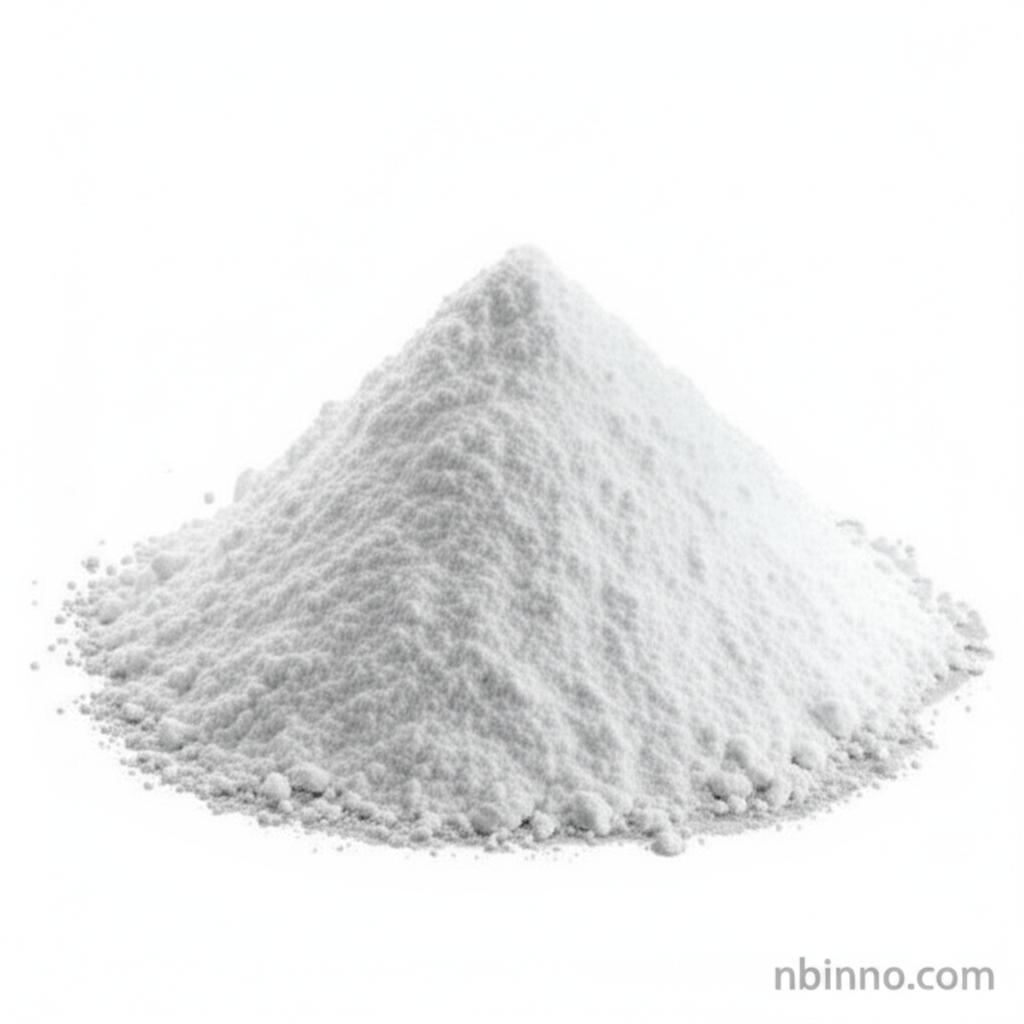Discover the Power of Precipitated Silica for Superior Rubber Performance
Unlock enhanced durability and reinforcement in your rubber products with advanced white carbon black.
Get a Quote & SampleUnveiling the Core Value of Precipitated Silica

Precipitated Silica
This advanced inorganic compound, commonly known as white carbon black, is engineered to significantly elevate the performance characteristics of rubber. Its unique properties as a reinforcing filler provide exceptional benefits, making it an indispensable component in modern rubber manufacturing.
- Experience improved tensile strength and superior wear resistance in rubber compounds by utilizing precipitated silica for tire manufacturing.
- Discover how adding white carbon black can lead to significantly reduced tire rolling resistance, contributing to better fuel economy.
- Achieve enhanced durability and reinforcement in your rubber products with high-performance silica for rubber reinforcement.
- Explore the benefits of silica in rubber formulations for achieving optimal physical properties and extended product lifespan.
Key Advantages of Utilizing Precipitated Silica
Enhanced Mechanical Properties
Precipitated silica acts as a high reinforcing potential agent, significantly boosting the tensile strength and overall mechanical integrity of rubber, a key benefit when seeking improved rubber tensile strength with silica.
Superior Wear and Tear Resistance
The material exhibits excellent tear resistance and abrasion resistance, crucial for applications like tires, ensuring longevity and performance even under demanding conditions, as seen in abrasion resistance enhancer for rubber.
Aesthetic Versatility
Unlike traditional carbon black, precipitated silica allows for the creation of lighter-colored and even transparent rubber products, offering greater design flexibility for various applications.
Key Applications
Rubber Reinforcement
As a primary reinforcing filler, precipitated silica dramatically improves the physical properties of rubber, making it ideal for applications requiring high durability and performance.
Tire Manufacturing
Crucial for producing 'green tires,' it reduces rolling resistance and enhances wet grip and wear performance, directly contributing to fuel efficiency and safety.
Footwear Production
Used in shoe soles and other components to improve hardness, tear strength, and abrasion resistance, offering both performance and aesthetic advantages, especially for light-colored soles.
Coatings and Plastics
In coatings, it acts as a matting agent and rheology modifier. In plastics, it enhances mechanical properties, hardness, and transparency.
